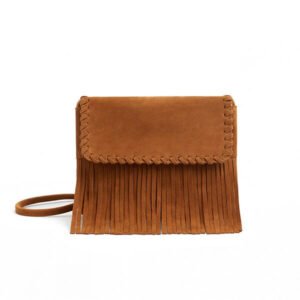3 Tips With Weed Seeds
Now, not all weed seeds arrive in the fall, some hit the wind in the spring. What happens is all those weed seeds start germinating under the newspaper and cardboard for a month or so. I simply punch a hole through the now decomposed newspaper and cardboard and plant my veggies. As the water temperature gets to 80° F the denitrifying bacteria and larger plant life is established enough to remove enough nutrients where the filamentous algae cannot grow. For this, scalp or rake heavily and remove debris. Remove any leaves and other debris before the water warms and starts the decaying process. A good pond skimmer will remove most of the leaves before they have a chance to settle to the bottom. Some will still have to be cleaned from the bottom with a good pond vacuum or net and dying plants should be cut back. Should you enter any domain(s) here, all documents belonging to those will NOT appear in results at all. Garden maintenance is definitely hard work; digging, טלגראס בת ים weeding, fertilising and daily watering can take up time and energy with nothing much to show in terms of results.
The simplest thing you can do, weather you garden rows or in raised beds like I do is provide an actual physical barrier to keep those pesky weeds in check. I have found that overall the best thing is to use layers of newspaper or cardboard, because the water can seep through and provides a great barrier against the weeds. So, to keep her in check about halfway through the spring I bring out more newspaper and place strips of it around my plants, שקיות קנאביס רפואי and טלגראס כיוונים גבעת שמואל then I top dress it with cocoa shell mulch. For example the Native Americans worked this out millennia ago, in a method known as “three sisters” planting; you plant your corn, beans and gourds together. The beans grow up the corn stalk, replacing the nitrogen the corn is devouring and the gourds cover the ground surface preventing weeds from getting the sunlight. Remember Mother Nature has spent all fall spreading seeds into your garden so that as the soil heats up and the days get longer those seeds are getting ready to establish themselves in your garden.
The best steps to take to reduce algae blooms in the spring start in the fall and winter. All of this leads to nutrients the filamentous algae will thrive on. Adding calcium bentonite or calcium montmorillonite clay to the water will help stabilize the ph and reduce an algae outbreak. Adding a few drops of liquid fertilizer to your watering can remains by far the most popular method as it is easy, inexpensive and provides control of the nutrient supply. Adding a floating fountain is an excellent way to provide aeration and water movement for ponds too large for skimmer applications. Feed large and leafy plants such as Chrysanthemums and Dahlias with a liquid fertilizer on a frequent basis. Never use a feed that is richer in nitrogen than potash once fruit has formed. Use a low-strength solution for every watering until the plants are in full fruit. Fruit trees and Bushes; The overall standard is the same as that for the ornamental trees and shrubs, but there are a few additional factors. A “Standard Interface” means an interface that either is an official standard defined by a recognized standards body, or, in the case of interfaces specified for a particular programming language, one that is widely used among developers working in that language.
This is super important as a new gardener, because often it is really hard to tell the difference between a weed and one of your veggies when they are sprouts. But by planting you veggies in a organized way, when they are already six weeks or so old, it is very easy to see what plant is misplaced and thus a weed and easily pulled before it has had a chance to establish itself. My worms and other bacteria feed on the newspaper leaving natural fertilizer behind and my garden is ready to plant about six weeks after laying down the mulch. Since I start most of my spring crop indoors under grow lights, when I bring my plants out to the garden they have a six week head start on Mother Nature’s plants. The first telltale signs of a lack of water appear as soon as the top 10 centimetres or so have dried out. Even it out and sow the grass seeds in August and September, resulting in better germination, for the soil will be warm and there will be plenty of natural nitrogen moving around within.











